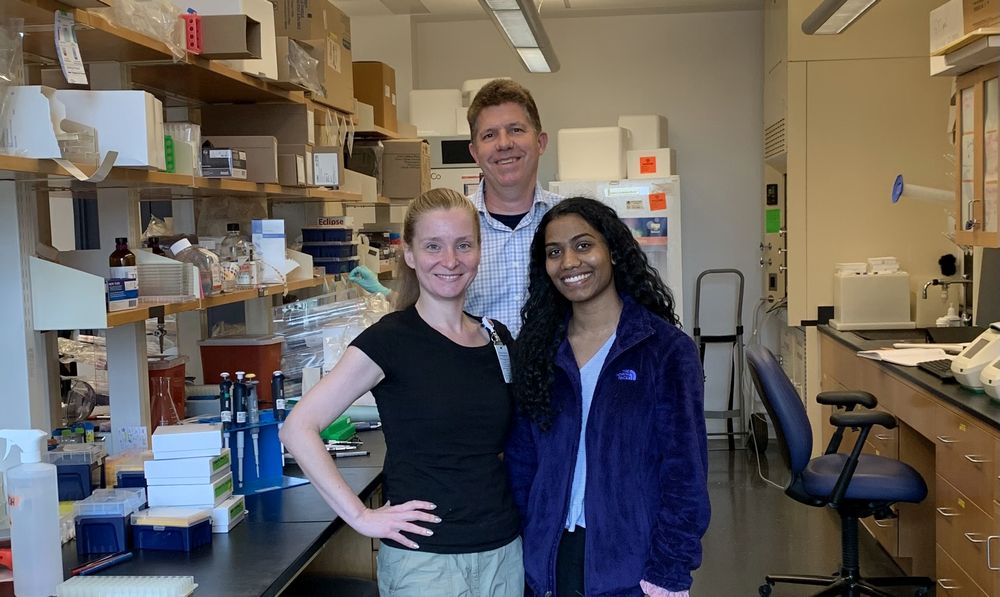
The Luckey lab is focused on understanding the molecular controllers of immune responses induced upon transfusion of red blood cells (RBC). For patients who require chronic transfusions, the generation of antibodies to RBC antigens can be a major clinical problem. Anti-RBC antibodies often make finding compatible blood difficult for these patients, which is particularly unfortunate since RBC transfusions are often lifesaving. In addition, anti-RBC antibodies are remarkably short-lived, often disappearing soon after detection in the blood bank. This disappearance is referred to as evanescence, and can lead to a patient unknowingly receiving an incompatible blood transfusion. Anti-RBC evanescence thereby leads to delayed hemolytic transfusion reactions, which are a major cause of injury and death in chronically transfused patients, such as those with sickle cell disease. Rachel’s project in the lab is better understand why anti-RBC alloantibodies, that are generated in response to transfusion, disappear so rapidly relative to antibodies generated in response to vaccination. Specifically, Rachel is exploring the role of T cell help, germinal centers and extrafollicular responses in regulating anti-RBC alloantibody production in response to transfusion.

My research in the Lukens Lab aims to better understand how inflammation drives the progression of the most common form of dementia, Alzheimer’s disease (AD). My specific project is intended to explore the role of the gene Cst7 in microglia in the 5xFAD mouse model of AD. While previous work has identified Cst7 as among the most upregulated genes in the microglial response to the hallmark amyloid-beta plaques of AD, the function of its protein product, Cystatin F, is unknown. My project promises to shed light on the unique role of Cystatin F in AD, but also to further our understanding of what role Cystatin F plays more generally in microglial responses to neurological disease.
(Ish Sethi – Harris Lab – Pending image and paragraph)
